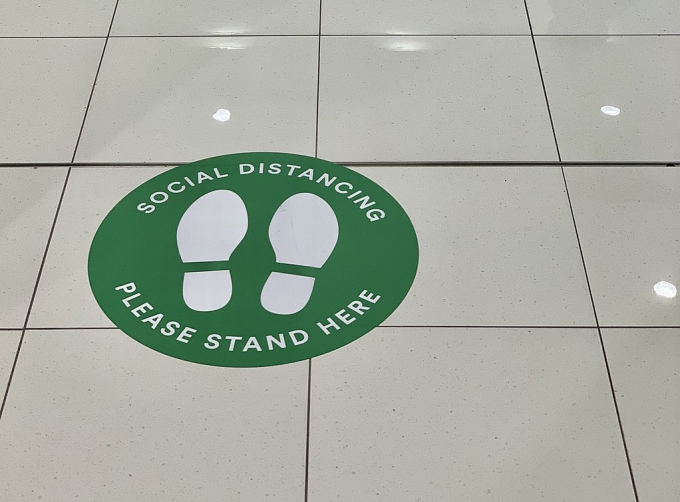It was announced today that UK retail sales fell almost 20% in April as strict lockdown measures took hold.
In the clothing retail sector, the impact of lockdown was even bleaker. Sales volumes plummeted over 50% when compared to March, which had already fallen by 34.9% on the previous month.
With lockdown measures gradually being eased across the UK, retailers will have the chance to open stores for the first time in weeks.
Some small comfort to retail-focused property companies. However, social distancing restrictions means that it is only really going to be retail warehouse parks that can perform strongly coming out of lockdown.
The characteristics of this retail sub-sector make it social distancing-friendly. They include expansive car parking facilities on one level and large shopping areas with wide aisle, meaning consumers don’t have to engage with other shoppers.
These are the first stores that are likely to be opened by retailers, with big names such as Marks & Spencer and Next already indicating as much. In fact, the nature of the tenants that make up retail parks (food stores, DIY and gardening, hardware stores) has meant the majority have stayed open right through lockdown.
Ediston Property Investment Company, which has a big retail park portfolio, saw 56% of its tenants continue to trade during lockdown – well above that of the high street and shopping centres.
NewRiver REIT, which also owns a big portfolio of retail parks, has seen similar figures.
The advantageous characteristics of the retail park sub-sector have been accentuated at this time, with social distancing at forefront of consumers’ minds. But putting the pandemic to one side, its attributes are strong.
Retail parks shouldn’t be mentioned in the same breath as shopping centres or the high street, but they seem to have been lumped together (as can be witnessed with EPIC’s unwarranted 58% discount).
This week Marks & Spencer chief executive Mark Rowe said that the retailer would start to move away from high street locations in favour of out-of-town retail parks and the reasons behind that thinking are clear.
Retail parks offer free parking (a big deal for shoppers), they are accessible, the stores are larger than in shopping centres, but at a fraction of the rent. The service charge and rates are also considerably lower.
Their location also makes them perfect for click-and-collect, something many retailers are pushing onto online consumers.
They lose a huge amount of money from online sales, through delivery and returns. But by encouraging people to collect online orders from stores they eradicate this cost and also increase footfall. It is thought 23% of people that click-and-collect buy something else in store when they collect their order. It was the main reason behind Sainsbury’s deal to buy Argos and has worked well for Waitrose and John Lewis.
There have been some shocking headlines involving retail park investment deals that may have, wrongly, cast a shadow over the whole sub-sector.
These deals, without fail, have involved schemes that have been over-rented at unsustainable rates. As rental values have fallen across the sector, the values of these schemes have plummeted.
However, retail parks that are leased at rents in the low- to mid-teens per square foot (compared to £30 plus at some of the failing schemes) are thriving. These are the ones that make up Ediston’s and NewRiver’s retail park portfolios and are seeing huge demand from retailers.
The sub-sector really shouldn’t be lumped together with other retail property, but for whatever reason it has. As we ease out of lockdown, however, it will be the retail park sub-sector that gets back up and running quickest. Their characteristics means their long-term prospects are strong too.
